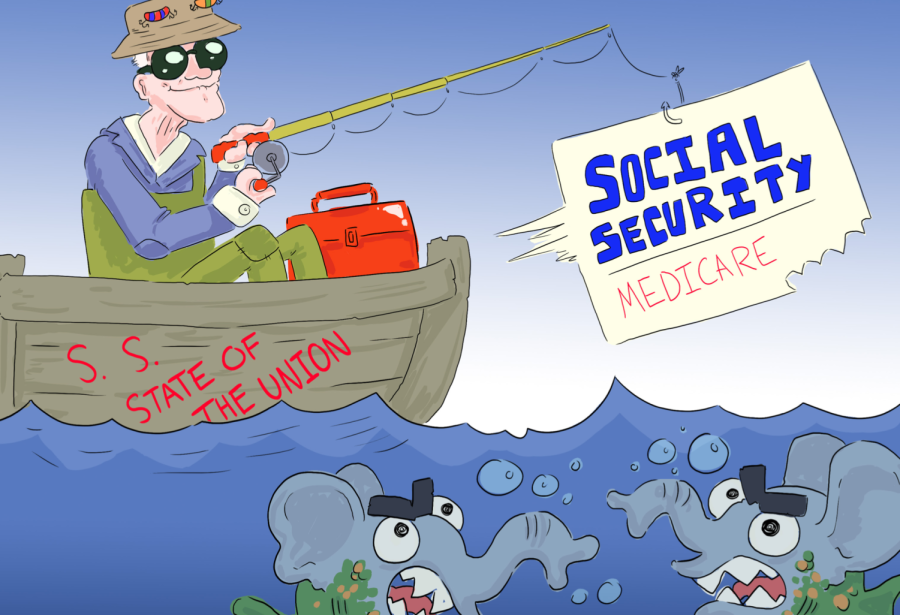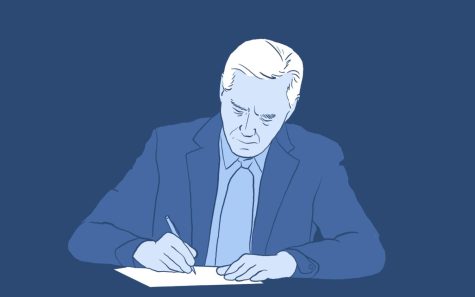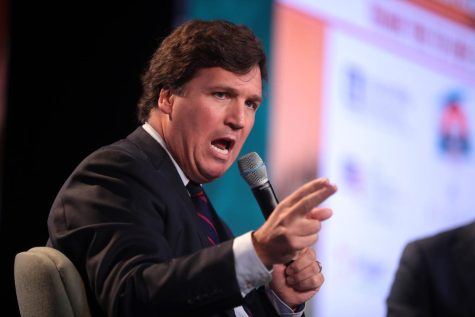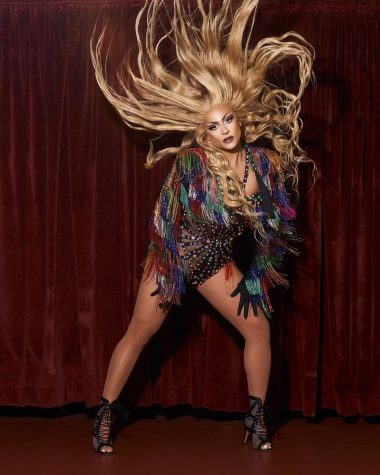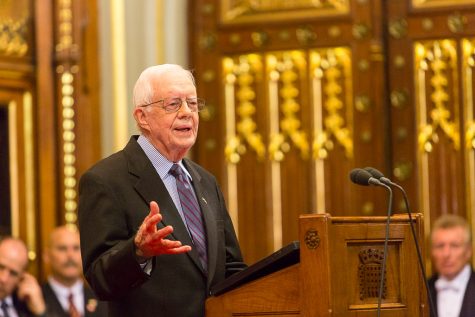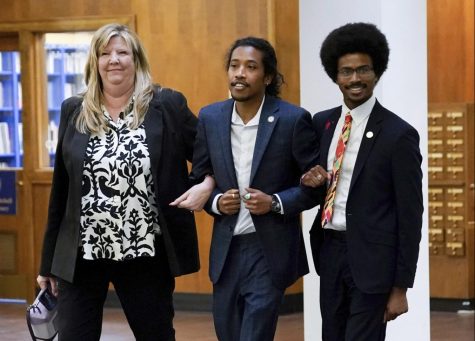Biden’s state of the union: GOP heckles amid social security baiting
President Joe Biden delivered his second State of the Union address on Tuesday, Feb. 7. It started off with displays of civility but eventually descended into opening heckling from members of the house freedom caucus.
Biden’s approval ratings have been lower than expected and polling numbers indicate that Americans have not been convinced that his economic policies had made a positive impact on their lives, leading to some skepticism about how a man 80 years of age could possibly be a viable candidate for re-election.
“I think that he did a very good job in his four year run as president,” said UIC freshman Ellison Radek. “However, I don’t think that he would be elected, let alone like being an efficient leader. Going for a second term.”
Despite this, Biden stepped up to the podium to deliver his message and lay the groundwork for a potential second term. In the address, Biden argued that he is willing to work with both sides of the aisle and emphasized that the presidency should not be seen through a partisan lens, but rather a national one. He reminded the nation that he is working to build a future that is more equitable and secure for all Americans.
While Biden’s speech had notes of bipartisanship, Republicans still found the president at fault for the nation’s economic struggles.
“The inflation that has come out, and I don’t think it’s all necessarily his fault, although the Republicans want to blame it on him,”said Nick Kachiroubas, a DePaul political science professor. “I think coming out of Covid, there’s been supply chain issues and things like that. I think we think the president can just snap fingers and solve it, but that’s not that’s not the case. And so, I think some of what’s going on with the economy is outside his control.”
No matter who is at fault for the nation’s current economic state, Americans are feeling the brunt of worsening inflation.
“However, I do think that a stronger economic plan is needed, because I think the American people are feeling it in their pocketbooks,” Kachiroubas said. “And I think students are feeling it in their pocketbooks. Especially both who drive and have to buy gas, things like that. Eggs going up, even a cup of coffee at our local little Starbucks and things. Prices seem to be increasing. And so I think that message needed to be stronger and wasn’t interesting.”
The crowd’s considerable booing was one of the most memorable moments of the evening.
“Honestly, I think that it improved his acceptance rate among Democrats, because he kind of appealed to more of a humorous sense, and I think that people like it when he calls out the Republican leadership for hypocrisy,” Radek said.
Susan Burgess, a DePaul political science professor, believed the jeering helped Biden’s speech when he discussed Social Security and Medicare. Prior to this, Sen. Rick Scott, a prominent Republican, was in charge of the GOP’s Senate re-election campaigns and proposed ending Social Security and Medicaid.
“Biden didn’t mention Sen. Scott by name, but what he did say was there’s a few of you who believe that this would be a good pass,” Burgess said. “I’m not saying everyone. And then he very cleverly got the Republicans to say, no, no, we don’t believe that. Right? … So Biden got the Republicans to say that they would not work to sunset those programs, which is a very big deal.”
Burgess said this was intentional, to show the public the stark difference between the current political parties and advance Biden’s standing for his future re-election.
“I think it was a way to take the high ground but also make his positions really clear and, you know, try to bring in the more moderate Republicans toward his view and try to distance the more extreme folk,” Burgess said.
Biden maintained an emphasis on widely accepted policies and bipartisan successes in his State of the Union address. For Biden, the speech was an opportunity to show his supporters that he still has the political acumen to lead his party to success in 2024. Polls indicate that a majority of Democrats are looking for someone from a new generation. Biden would be 86 at the end of a second term.
For much of the younger generation, Biden is not the first choice for 2024 candidates. But Kachiroubas does not believe the age of the candidate alone will sway the younger generation. He doesn’t believe any young candidate will do, as Florida Gov. Ron DeSantis, one of the youngest, would not do well.
“For our audience at DePaul, and just what I know about our student base, I think Ron DeSantis has some social issues that our students wouldn’t necessarily see as positive and that would open the door for again, another Democrat potentially in a primary,” Kachiroubas said.
Kachiroubas encouraged students to stay informed and cast their ballots in the upcoming Presidential election, but he said the mayoral election on Feb. 28 should be a greater priority.


